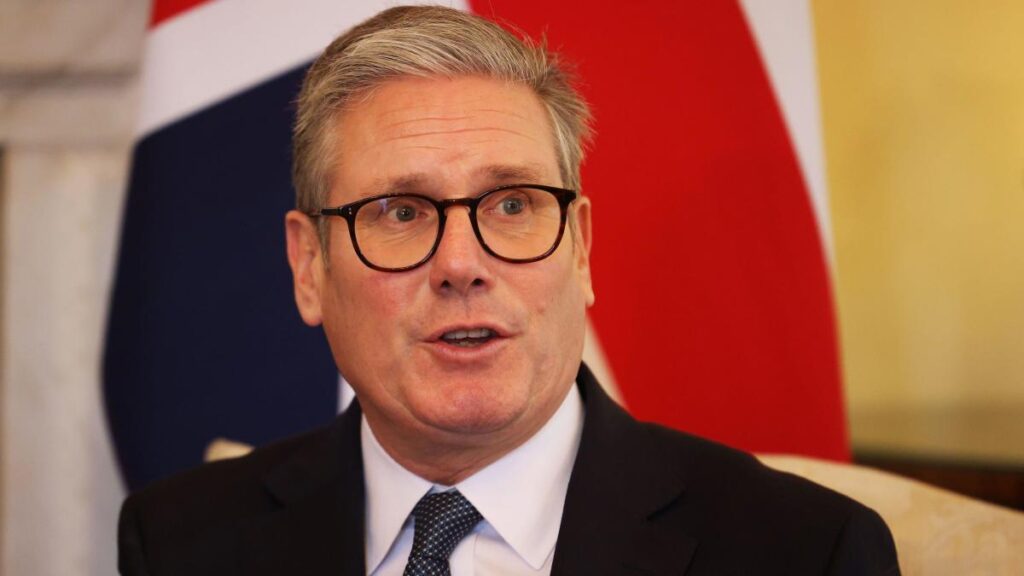Prime Minister Sir Keir Starmer has expressed grave concerns over Russia’s escalating attacks on Ukrainian ports in the Black Sea, which have severely disrupted agricultural exports, including essential aid meant for Palestinians affected by the ongoing conflict with Israel. In early October, Russian strikes targeted at least four cargo vessels, claiming the life of one individual and damaging ships carrying substantial loads of agricultural produce, including 6,000 tonnes of corn. Starmer emphasized that President Vladimir Putin appears willing to jeopardize global food security as a strategic maneuver to coerce Ukraine into submission during this critical time of vulnerability and unrest.
Sir Keir’s warnings come amidst a series of missile assaults, particularly affective along the Odesa region, where multiple international vessels sustained damage. Among those targeted were a Panamanian-registered ship and a cargo vessel flying the Palau flag. These attacks coincide with a notably difficult season for Ukraine, as the country endeavors to manage its ongoing agricultural exports despite the war. The heightened aggressiveness of Russian military action is said to correlate with key agricultural periods, raising concerns about the implications for global food supply chains and humanitarian efforts.
Starmer highlighted that an increasing “risk appetite” from Russian forces is evident, with civilian grain ships now often viewed as mere collateral in the broader military campaign. He voiced alarm at these “indiscriminate attacks” that have far-reaching effects, endangering millions of vulnerable individuals across regions such as Africa, Asia, and the Middle East. Reports from Ukraine reveal that over 20 civilian vessels have been struck during the conflict, while vital infrastructure such as grain silos has also suffered substantial damage.
Despite these ongoing threats, Ukraine has made notable strides in maintaining its agricultural production and exports. Following the breakdown of a major Black Sea grain deal with Russia, Ukraine has established a maritime corridor to facilitate safer grain exports. According to Kyiv’s agriculture ministry, the first ten days of October saw a substantial increase, with 962,000 tonnes of grain shipped, marking double the volume exported during the same timeframe in the prior year. This demonstrates not only resilience but also the importance of Ukrainian agricultural goods in global markets, despite the disruptions.
In the midst of these developments, Sir Keir commented on Russia’s troubling recruitment of troops from North Korea, labeling it as an “embarrassing and desperate act” for Moscow, which seems indicative of its growing reliance on unconventional alliances amidst the conflict. His remarks were made while he was on his way to Samoa for a Commonwealth summit, where discussions around global security and international aid were likely to surface, especially in light of the ongoing crises initiated by Russia’s aggressions toward Ukraine.
To bolster Ukraine’s defenses and further solidify support, the UK government recently announced an additional £2.26 billion in aid, funded by profits from Russian assets in Europe. This latest commitment builds upon an already substantial £3 billion pledge and is part of a broader strategy reflecting the UK’s unwavering support for Ukraine. As of now, the UK has contributed over £12 billion in military assistance, with assurances of continued backing as long as necessary to support Ukraine in its fight against Russian aggression. Chancellor Rachel Reeves emphasized that this unified show of support is critical not just for Ukraine, but for upholding global security and stability during these tumultuous times.

